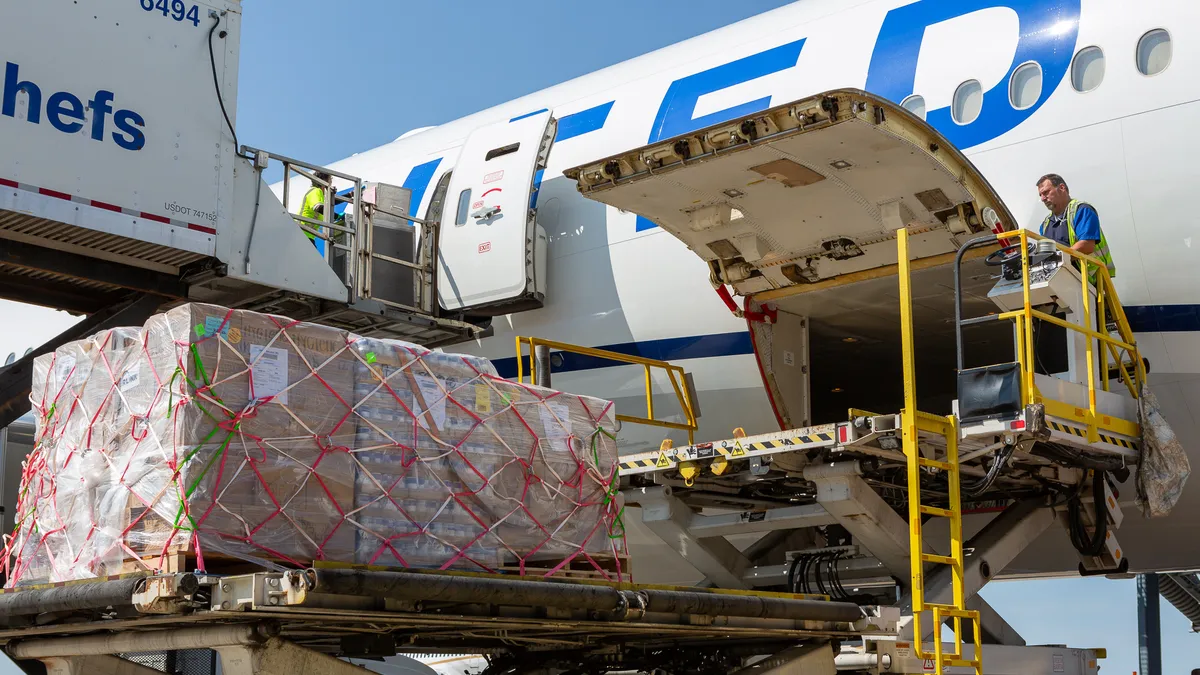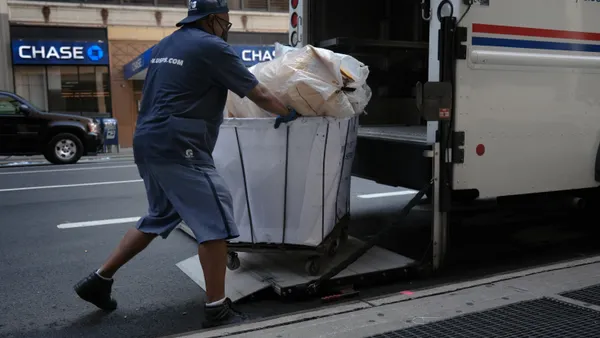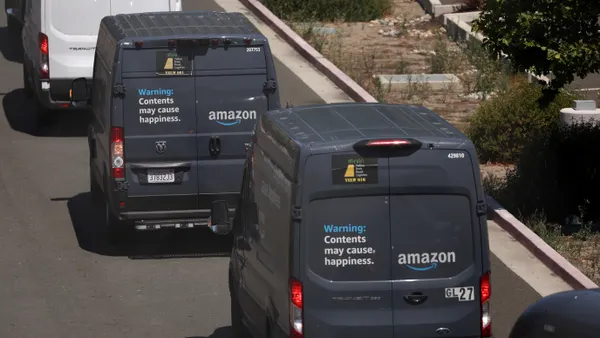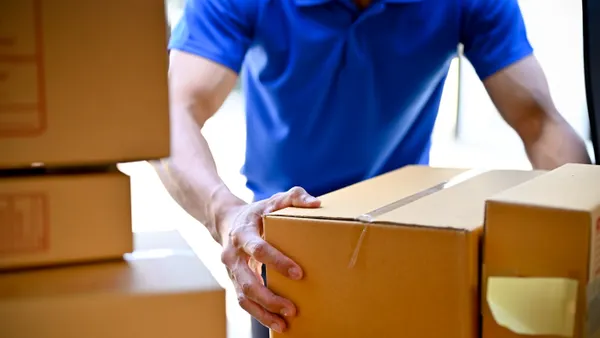Dive Brief:
- Imperfect directions, incomplete maps, parking problems and missed delivery windows are costing delivery companies an estimated $6 billion a year, according to a new report by Swedish startup Mapillary.
- The estimate includes $2.5 billion in wasted salary and $611 million in extra miles driven annually because of inaccurate maps. The report surveyed 219 U.S. delivery drivers that operate both cars and trucks.
- Three out of four drivers said they lose at least 15 minutes every day because a map shows them incorrect information about a dropoff. More than half said they drive at least 10 extra miles a day due to incorrect routes on a map, with 11% driving 25 extra miles per day.
Dive Insight:
Some of the problems identified in the survey — parking around a corner, having to reroute to avoid construction or finding a building door — may seem small, but those tiny problems mean major losses for logistics companies, especially with a boom in e-commerce putting more delivery trucks on the road, according to Mapillary co-founder and CEO Jan Erik Solem.
"For you and me, we lose a few minutes," Solem told Smart Cities Dive. "But if your job is delivering packages, a few minutes here and there adds up to a big delay. That time adds up to a lot of money."
Logistics companies have increasingly started to find small efficiencies to maximize their services. UPS drivers, for example, are routed to avoid left turns because those can cause small delays. Solem said the survey findings reiterate that maps are a key tool to improve efficiency as well.
A recent report from the World Economic Forum found traffic from e-commerce deliveries will cause severe challenges for cities in the next one to three years if changes in technology and policies are not quickly implemented. Work from companies like Mapillary to enhance maps are just one solution to mitigate the impacts of e-commerce on congestion, yet more work from cities, enforcement agencies and the logistics companies themselves are also needed.
Some logistics companies are looking outside of the traditional delivery van to find ways to avoid congestion and parking issues. Amazon, DHL and UPS are all piloting the use of cargo bikes in New York City so drivers won't have to worry about finding parking. While this will be helpful when they arrive at their destination, getting there will still require an accurate map.














